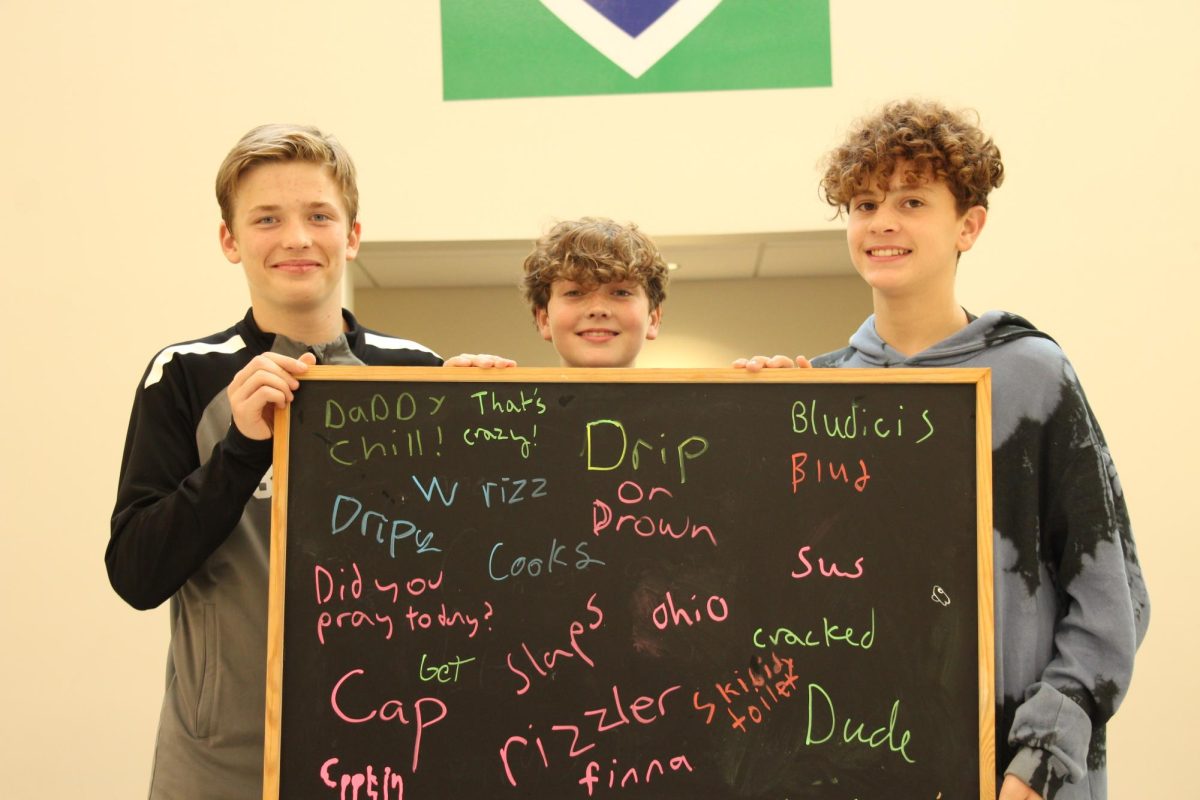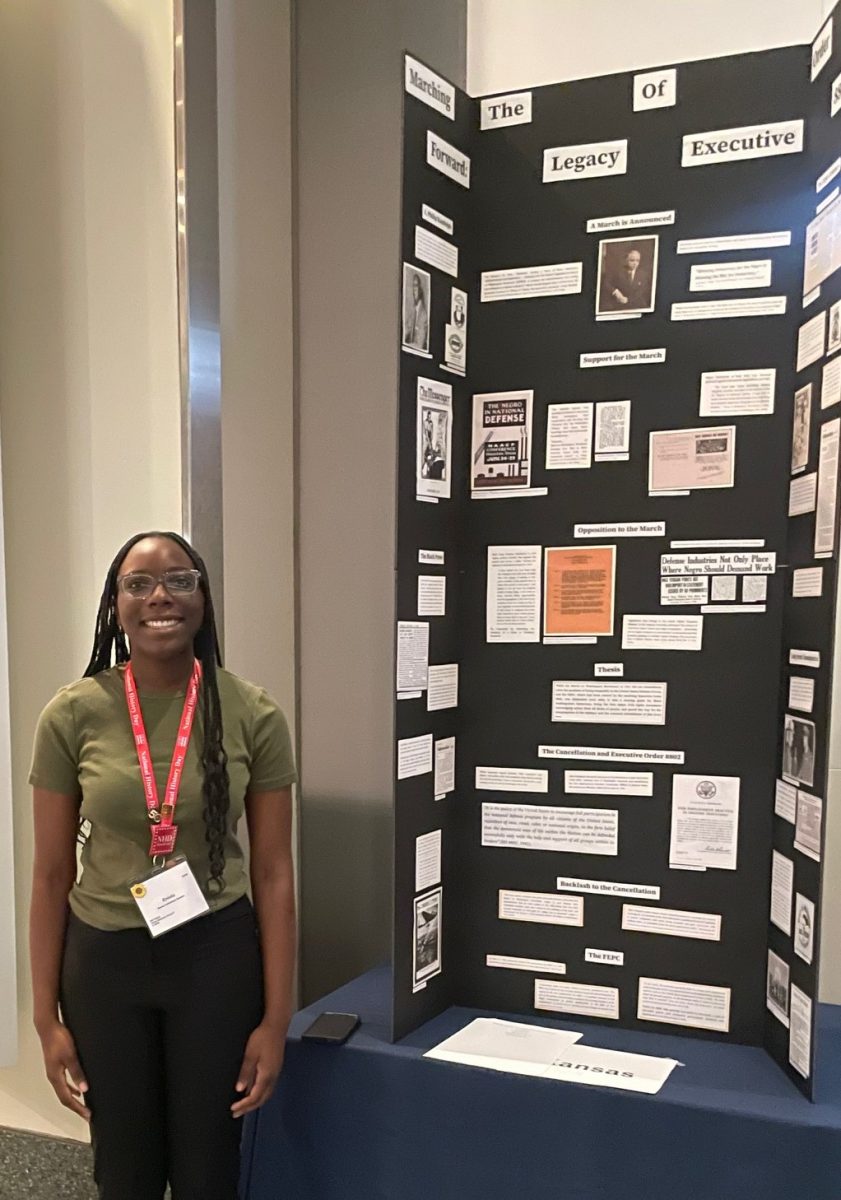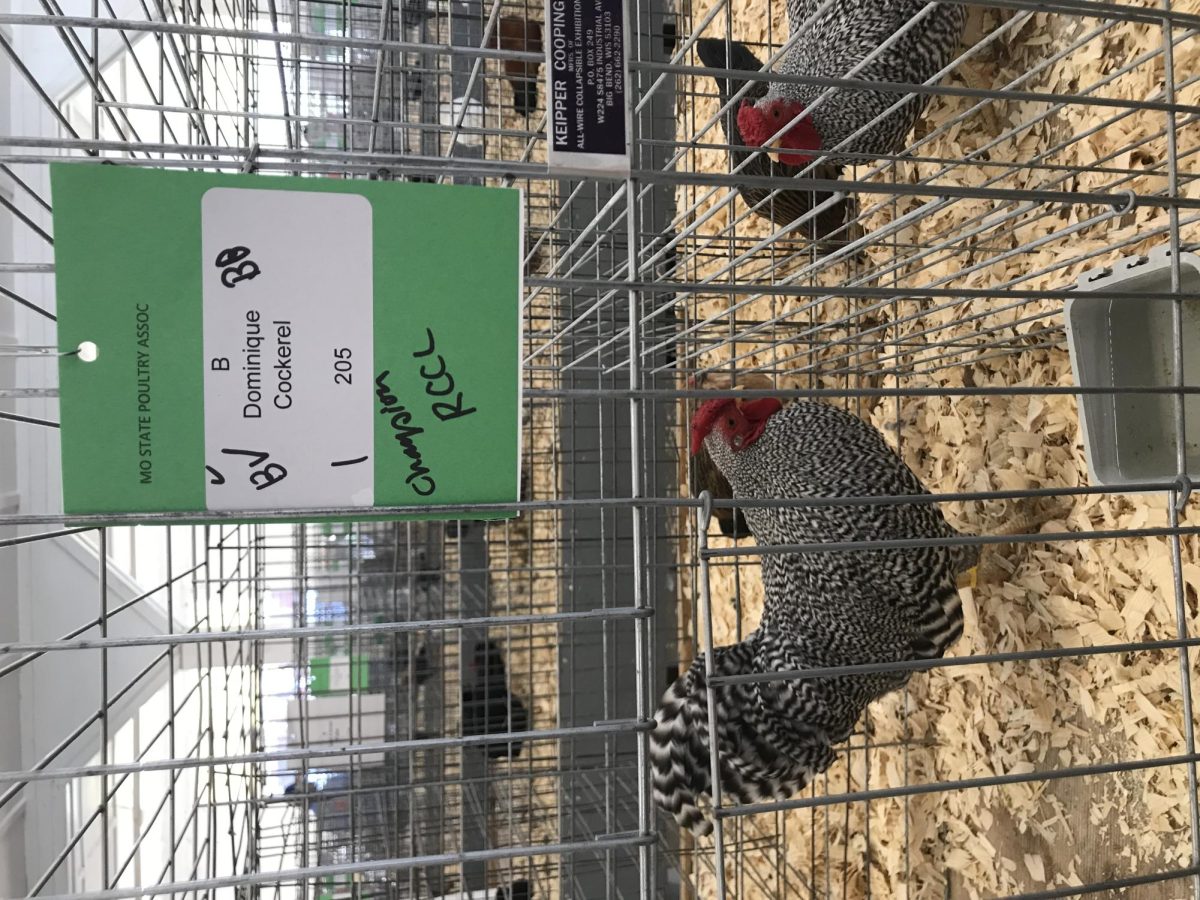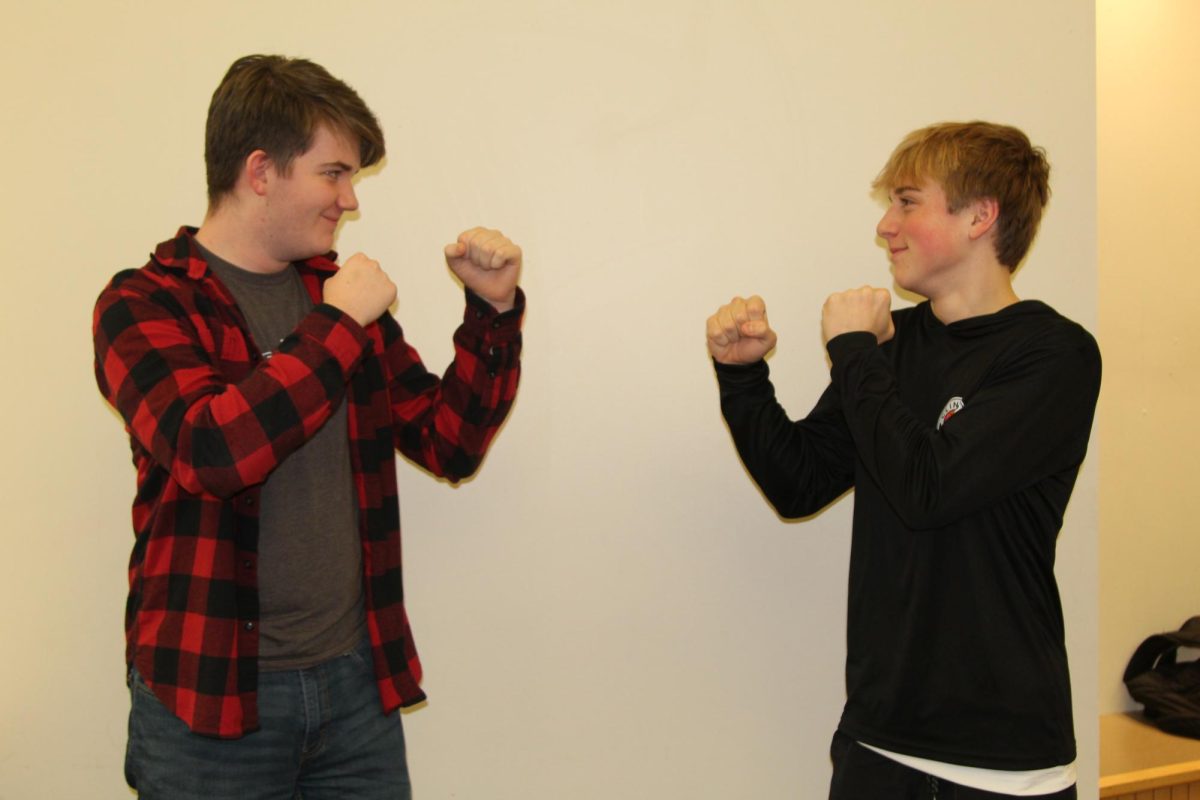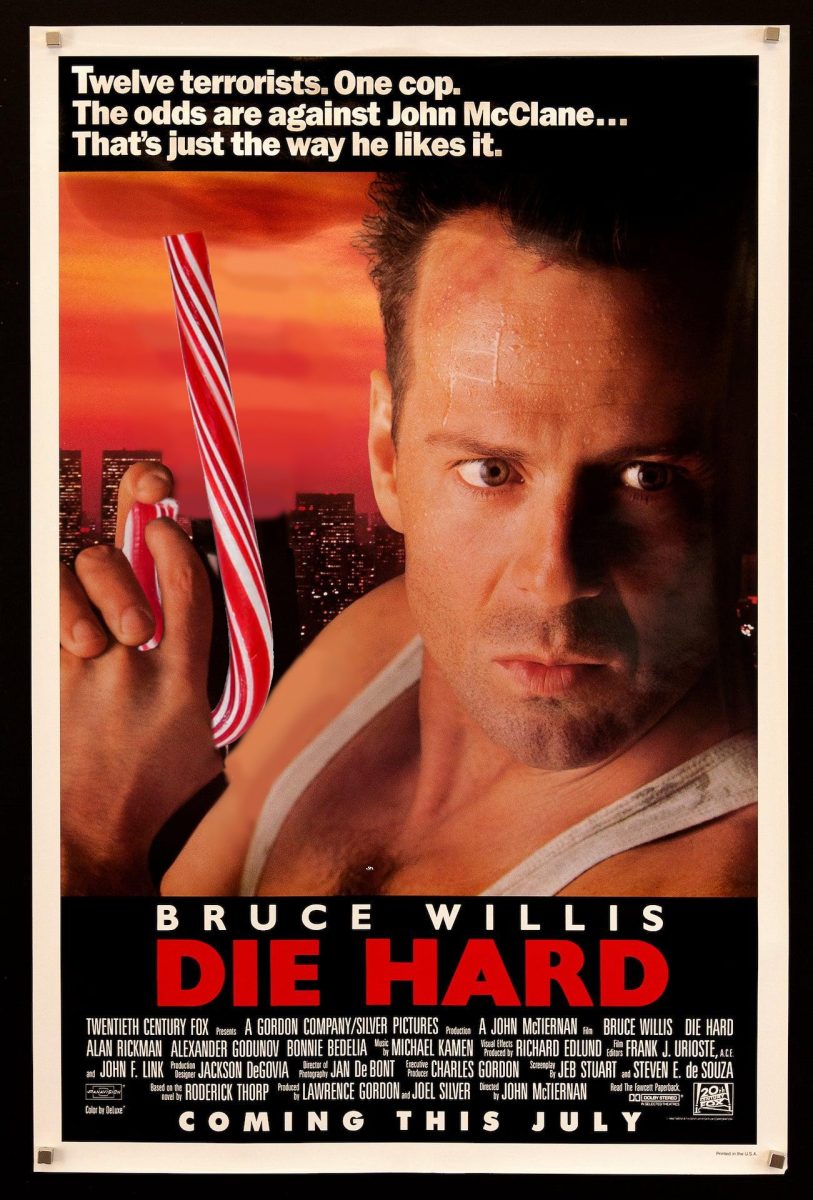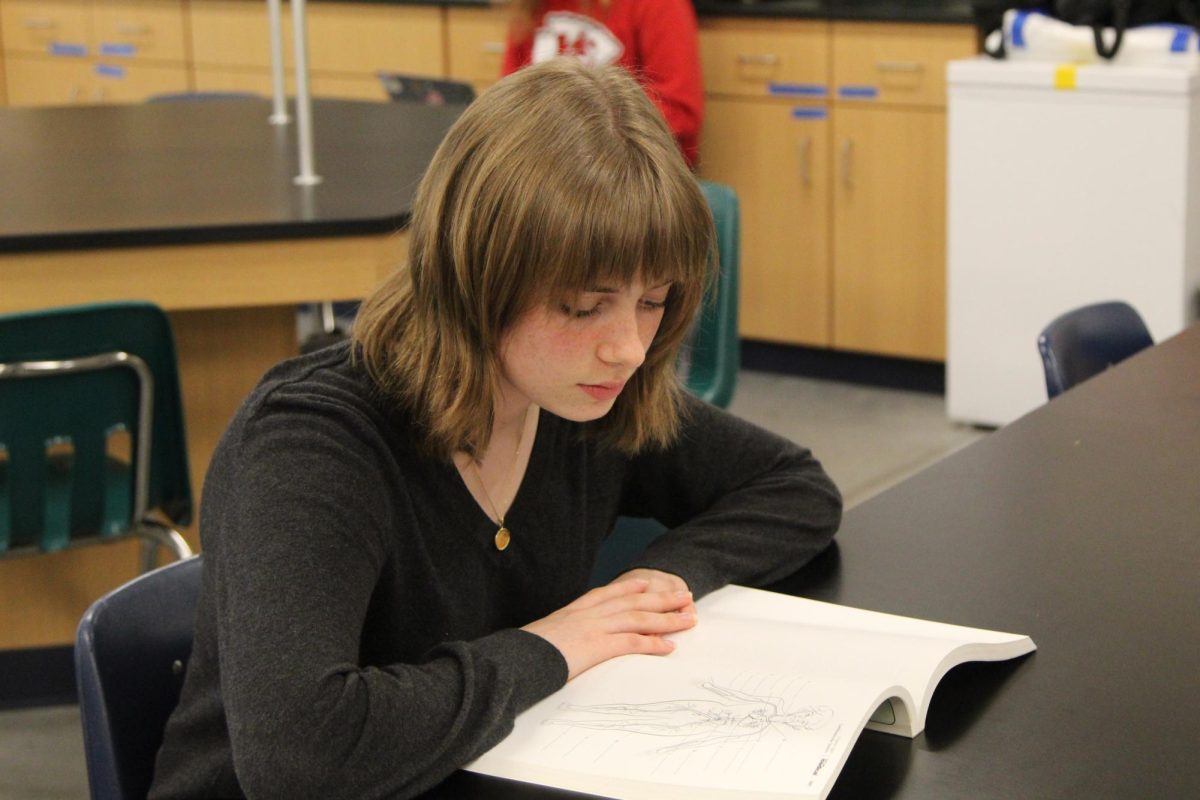When walking through the middle school hallways, it is impossible to evade exclamations seemingly composed of gibberish. Full of wonder, mystery and innuendos, the colorful language of middle schoolers leave many puzzled. We interviewed seventh graders Namiko Okazaki Lopez, Sophie Borroto-Novick, Maura Fagan and Louie Moss, as well as eighth graders Eli Tuckel, Oliver Hunt, Will Herder, and Kian Colistra to attempt to decode their vernacular.
Interviewer: What slang do you use?
Colistra: Fire. It’s just cool. It’s good. Basically, it’s just fire.
Interviewer: Okay, use it in a sentence.
Kian: Those crocs are fire.
Hunt: Bloodicus. We use bloodicus a lot. It’s like, “Dude, what are you talking about?”
Tuckel: Or like, “Bro.”
Colistra: There’s blood and there’s bloodicus. I don’t know how that happened. It’s like saying gang, not affiliated, but [more] like the Scooby Doo gang. Also, cap and no cap. Cap is like you’re lying. It’s not true, and no cap [means] it’s true.
Interviewer: Why do you use slang?
Hunt: It’s just better. It just makes life better.
Colistra: [It’s] shorter, easier, and funnier.
Herder: It’s something you know adults sometimes don’t [understand].
Colistra: My dad started saying W rizz, and it’s so annoying.
Interviewer: What is the purpose of slang?
Fagan: Sometimes it’s so the teachers don’t know what we’re talking about, but other times it’s just because it’s funny.
Okazaki-Lopez: I say it because it’s just locked in my head.
Interviewer: How often does slang kind of phase out?
Borroto-Novick: Well, it depends on when new things come out.
Moss: I’d say closer to a few months,
Okazaki-Lopez: Staying on the trend.
Interviewer: So slang is dictated by trends.
Moss: Well, yeah, I feel like if you saw something on social media then [you might say it].
Fagan: If you thought it was pretty cool, you would start saying it, and then more people would start saying it. It kind of keeps going. The old [slang] becomes cringy.
